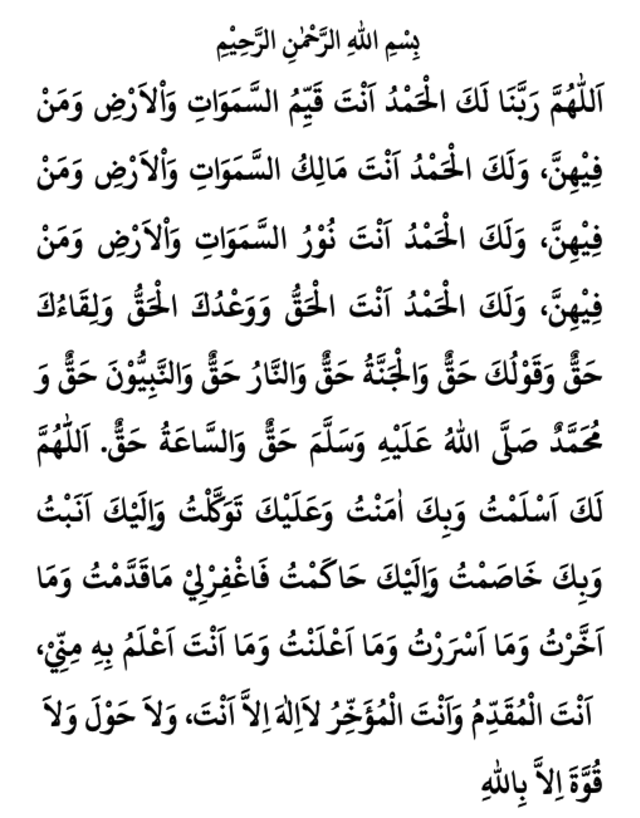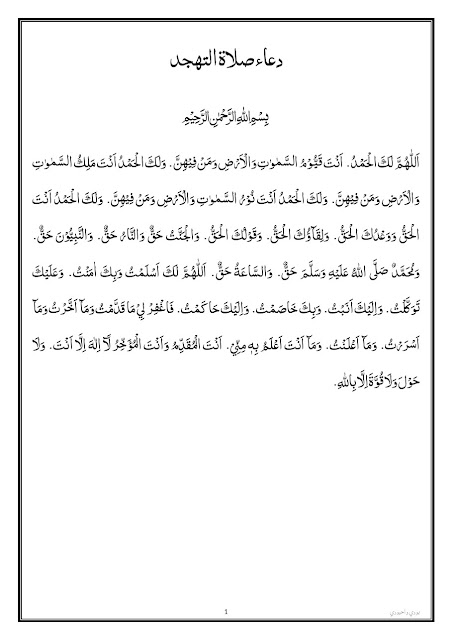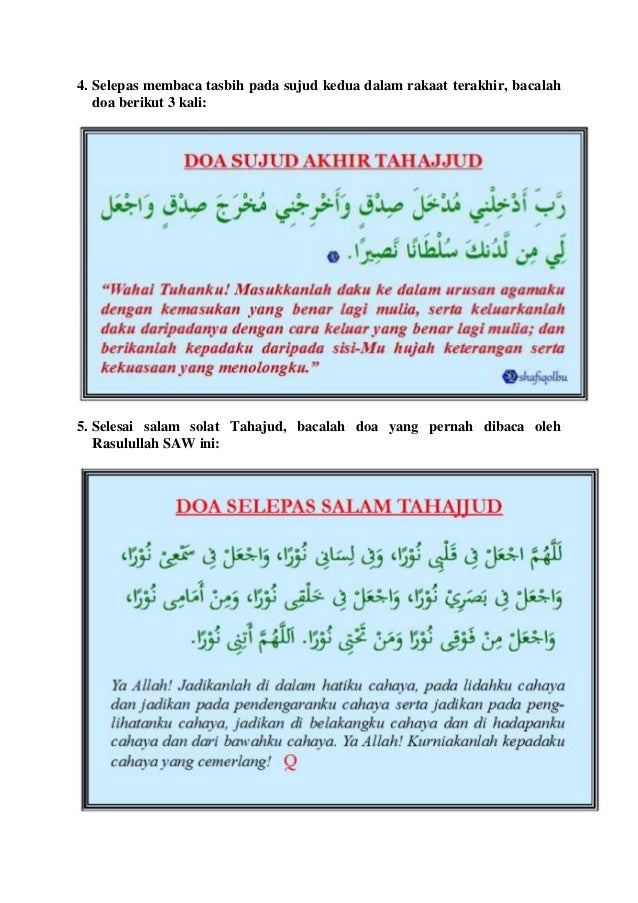
Mad’u korban penyalahgunaan Napza dikategorikan sebagai mad’u dengan kebutuhan khusus karena kondisi fisik dan psikologis yang dialami berpengaruh terhadap segala aspek kehidupan yang dijalani. Dampak penyalahgunaan Napza dirasakan oleh mad’u baik secara fisik, psikologis, spiritual, maupun sosial. Meningkatnya penyalahgunaan Napza merupakan salah satu problem sosial yang meresahkan bagi masyarakat. Meanwhile, to strengthen the resilience of victims of drug abuse, there are several methods used the method of personal approach, method of bi al hal, and counseling methods. Da'wah serves to invite mad'u misguided and deviated from religious laws or out of nature, in order to return to the path of religion. Da’wah is a process to invite individuals or groups forming the teachings and Islamic civilization so that the realization of happiness in this world and hereafter. One way to strengthen the resilience is the da’wah way.

For that need to develop the psychological strength to recover various impacts due to drug abuse, called the resilience. Mad'u victims of drug abuse is categorized as mad'u with special needs due to physical and psychological conditions experienced an effect on all aspects of life. The impact is felt by mad'u drug abuse whether physical, psychological, spiritual, and social. P>Increased drug use is one of the troubling social problems for the population. The processes by which the victim take thus include both spiritual and corporal requirements since illness or disease is seen both as a result of spiritual and physical transgressions. Moreover, this method also requires embodied practice of repentance by, for example, fasting, bathing and other related ritual processes determined by the Sufi masters. In the view of the Sufis, drug abuse can be cured by means of increasing spiritual activities, such as chanting and praying. This study shows that the Sufi masters provides a spiritual and technical guidance in the treatment processes to stimulate drug victims’ awareness through a series of spiritual and pseudo-medical processes.

This is a unique technique employed by the Sufis to cure the patients of drug abuse. Based on an ethnographic study in this locale, the study specifically analyses the method of treatment called inābah. This study aims to explore this Sufis practices of healing method. Known as a center of Islamic learning, the pesantren also offers spiritual treatments to cure victims of drug abuse. This can be seen from the daily routines of Sufi order (tarekat) of Qadiriah wa Naqsabandiah (TQN) at the Pesantren Suryalaya, Tasikmalaya, West Java.

Sufism activities cover not only rituals but also pseudo-medical treatment.


 0 kommentar(er)
0 kommentar(er)
